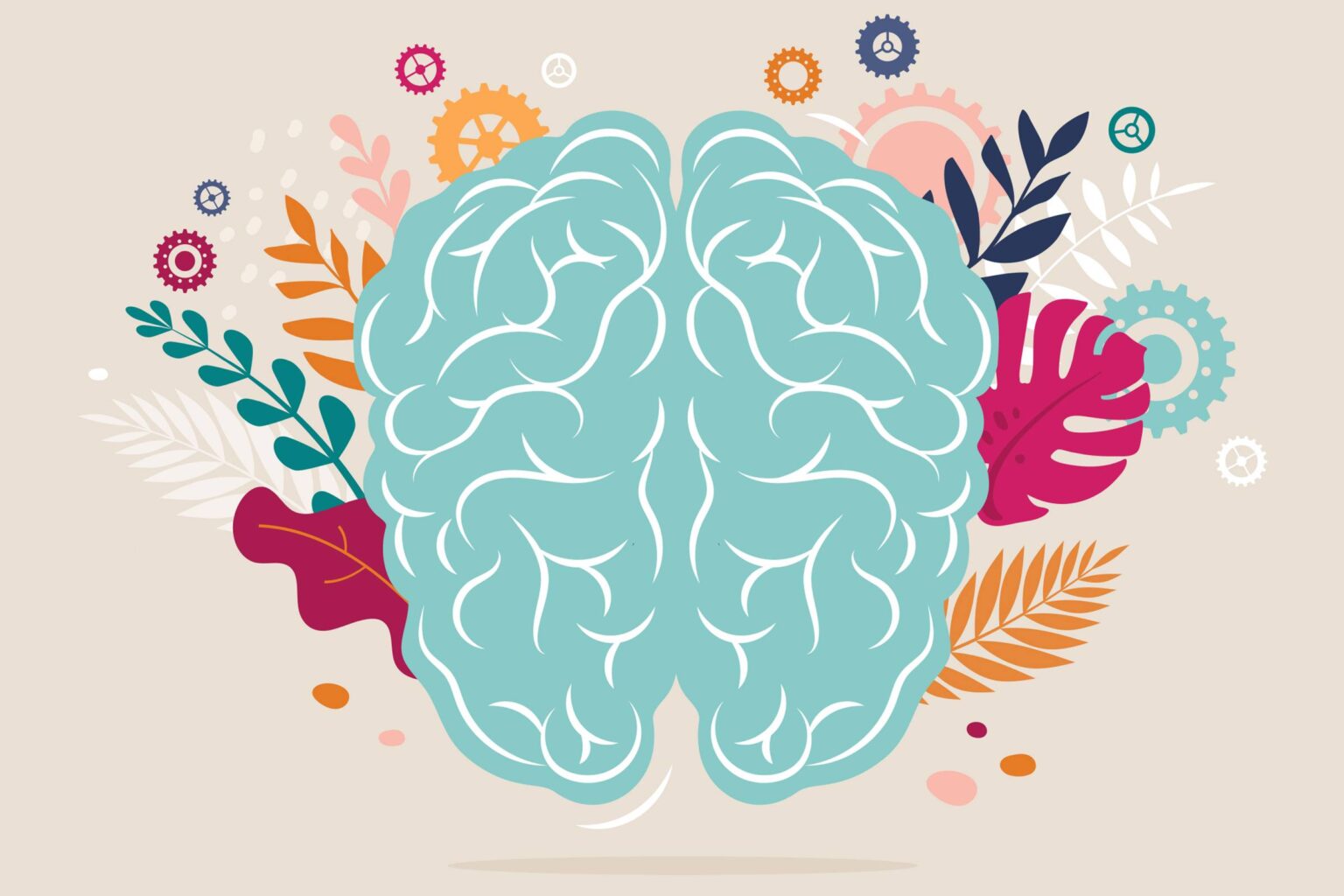
We often make the mistake of thinking that situations make us feel a certain way. Think about the current situation you are in, that is giving rise to unhelpful emotions…. what is it? It could be something about your family, relationships, your work or health. Whatever it may be, take a moment to reflect.
Interestingly it’s not the situation itself but how we choose to INTERPRET or perceive the situation that impacts our feelings. Understanding this is important in order to manage our emotions in healthy ways and gain back control. Imagine you’re sitting alone in a cafe. You see someone looking at you and you immediately begin to think “that person is judging me because I’m sitting alone. I bet she thinks I am a loser.” and automatically you start to feel uneasy and negative about yourself. This is called mind reading where you assume you know what the other person is thinking without having too much information. In truth, you could have just been in their line of sight or maybe he was just looking at the plate of food on your table. While mind reading is a useful tool that helps us make sense of the world based on non-verbal information it can cause a lot of unnecessary suffering when it’s based on faulty thinking.
Cognitive distortions are thinking patterns that are usually incorrect or negatively biased. We say negatively biased because it’s constantly focusing on a negative outcome… it’s when our mind convinces us that something is true even when there could be multiple other ways to interpret that same situation… Like when we have a headache but our mind tells us that it’s probably a tumor and so we immediately start panicking. it’s when we don’t gather all the evidence but pick and choose whatever we prefer to focus on, giving rise to emotions that match thoughts…can you think of any assumptions or distortions that may be at play in your situation? What do your thoughts sound like? Can you really say with 100% surety that these thoughts will definitely happen? Alright, now before we go further, Let’s start with a little bit of theory: Albert Ellis , devised what we call the ABCDE model. This model is built on the principle that emotions that arise out of a situation or what we feel depends on how we decide to interpret that situation.
(Take your time with this) It is built on the theory that an Activating event (or the situation) leads to a Belief or thought process which leads to consequences in the form of emotions and behaviors.
Let’s imagine a situation where you have made an error in a project given to you by your superior. This would be the Activating event which would trigger a belief or a thought that you can never get anything right or that you’re just incapable. The consequence of this event could be in the form of excessively worrying over the mistake and beating yourself up about your abilities..You may get so overwhelmed that you probably can’t concentrate on other work either.. Now, Albert Ellis added two more steps to this model, which are actually techniques that you can use to fight this kind of self-defeating cycle. You could dispute this thought by telling yourself that everyone makes mistakes or try to remember that there have been many times where you’ve performed extremely well! or that you it was probably a good thing you realised this before making the same mistake on a bigger project.
Shifting your thoughts in this way can lead to healthier emotions, where you might feel bad about the mistake but quickly move onto feeling hopeful or motivated about finding the right way of doing things in the future. This is how the ABCDE model works. Think about your own situation for a moment, how can you use this model to dispute your irrational thought? Cognitive distortions are a common symptom of depression. These incorrect thoughts and beliefs can lead to faulty interpretations of our world and our- selves which can keep us stuck in our low moods. But the Disputation part of the ABCDE model is actually very effective in tackling the effects of these cognitive distortions. When you feel something weighing you down or feel negative about a situation, Try and practice challenging those thoughts with questions like: Does this really matter? Is my assumption based on facts? Am I looking at the entire picture? Could it be that their reaction was because of something they are dealing with and which has nothing to do with me? Do I really need everyone to like me? or Can this be a learning opportunity? Remind yourself that it’s never too late to take control. Sometimes we just need to pause and challenge our unhelpful thoughts and behaviours with a clear mind. There is no right or wrong, it’s all about perspective! Great work today!